Penelope Travels Home, Then Packs to Travel Some More
I’ve been traveling the past week-plus, from the Arabian desert to the hallucinatory green of the currently rain-sodden mid-Atlantic, north to Readercon outside of Boston (where I stood bareheaded in the rain!!), and then back again to Philadelphia. Among the many joys and oddities of return: the drivers in these cities are so calm and polite, and so observant of the traffic rules that I feel at peace on that crowded femoral artery of Philadelphia, the Schuylkill Expressway.* Which just goes to show the power of relativity.
Readercon is one of my favorite cons. It’s a small convention with programming pretty much only about books, and the dealers’ room (or crack den, as my friend Vickie calls it) sells no t-shirts or other tchotchkes, only books and magazines. One of my panels was about re-reading the classics, a poor choice by Programming since my reading history is lamentably patchy. Somehow (I think all I said was that Shakespeare was hard to read for speakers of present-day English) I seemed to become the person who thought the classics were all irrelevant. It’d be more accurate to say that I think the classics are valuable if not always relevant.
One interchange was about Homer, and how great the Odyssey was, and how much of the whole history of literature the Odyssey had influenced, and how Joyce’s Ulysses contained the whole of human experience (this last from critic and fellow panelist Michael Dirda). …
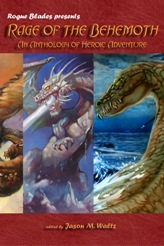 Heroic fantasy anthologies are a rare sight these dates. And those willing to to take a gamble on emerging authors – virtually non-existant.
Heroic fantasy anthologies are a rare sight these dates. And those willing to to take a gamble on emerging authors – virtually non-existant.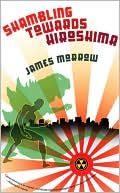
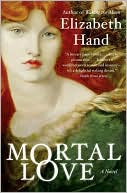 One good thing about the recession is I have more time to catch up on my reading. And I don’t have to worry about spending money on books during tough times as I already own a ridiculous number of volumes that I never had the time to get around to. One of almost recent vintage is Shambling Towards Hiroshima by James Morrow. It’s a clever premise: a parallel effort to the Manhattan Project is to develop a race of super lizards to level Japanese cities and end World War II. The irony here is that the whole Godzilla mythos of badly made, badly acted 1950s Japanese movies was a metaphorical projection of the atomc bombings. The plot, such as it is , concerns an American horror monster actor who is recruited to provide a realistic demonstration of the lizard’s destructiveness to force the Japanese surrender without having to deploy the monsters (what many critics of the U.S. atomic bombings argue might have sufficed instead of targeting cities). Morrow is one of my favorite authors, though this is a minor work; even at novella length, the premise is stretched a bit thin, and maybe would have worked better at a shorter length in pruning some plotting that doesn’t really advance the theme. Still, worth checking out.
One good thing about the recession is I have more time to catch up on my reading. And I don’t have to worry about spending money on books during tough times as I already own a ridiculous number of volumes that I never had the time to get around to. One of almost recent vintage is Shambling Towards Hiroshima by James Morrow. It’s a clever premise: a parallel effort to the Manhattan Project is to develop a race of super lizards to level Japanese cities and end World War II. The irony here is that the whole Godzilla mythos of badly made, badly acted 1950s Japanese movies was a metaphorical projection of the atomc bombings. The plot, such as it is , concerns an American horror monster actor who is recruited to provide a realistic demonstration of the lizard’s destructiveness to force the Japanese surrender without having to deploy the monsters (what many critics of the U.S. atomic bombings argue might have sufficed instead of targeting cities). Morrow is one of my favorite authors, though this is a minor work; even at novella length, the premise is stretched a bit thin, and maybe would have worked better at a shorter length in pruning some plotting that doesn’t really advance the theme. Still, worth checking out.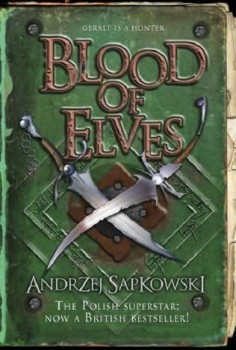 My first thought upon hearing that Andrzej Sapkowski had won the inaugural
My first thought upon hearing that Andrzej Sapkowski had won the inaugural 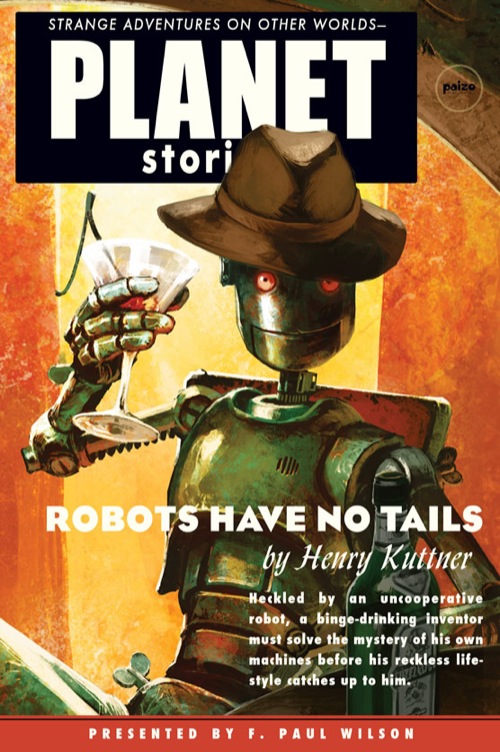 Apologies for my radio silence last week. Candidly, I was at a loss for a subject, until Fate and Amazon put the perfect book into my hands (which I’ll talk about below), which wasn’t until sometime late in the week.
Apologies for my radio silence last week. Candidly, I was at a loss for a subject, until Fate and Amazon put the perfect book into my hands (which I’ll talk about below), which wasn’t until sometime late in the week.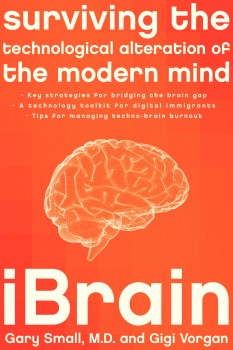 Last month I read a psychology book exploring the implications of the digital information age. In
Last month I read a psychology book exploring the implications of the digital information age. In 